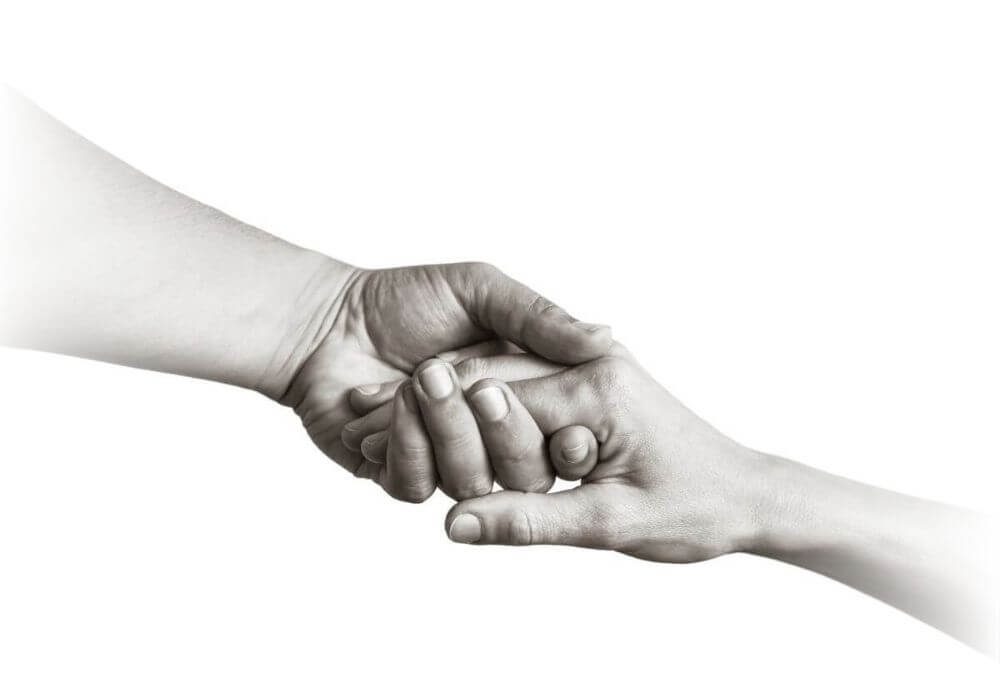Caregiver’s world!
Tips for the caregiver.
Caring for someone with endometriosis or fibromyalgia can be a stressful experience. I’m sure you have already found it out.
There will be times when you may have to take on extra responsibilities, experience financial strain due to impact on work, feel frustrated, and sometimes even resentful.
Your relationship is impacted by your partner’s condition and you definitely face a lot of uncertainty about the future of you both experiencing reduced socializing and sexual difficulties.
But despite all these challenges brought by a chronic illness, there are many ways to take care of yourself.
Below I give you 10 to consider:
1. Maintain your own health. Before you go all the way to prioritizing your partner, my top recommendation is to think of yourself first.
To serve your partner well you need to avoid resentment and caregiver burnout. Take time to get adequate rest, eat well, exercise, and do what you are passionate about on your own.
2. Accept help. It goes without saying – we (men) are meant to be strong for our women. When your partner has a chronic condition, the importance of it seems even greater.
We don’t like to give up, we don’t like to ask for help.
But when people offer to help, you shouldn’t feel less of a man by accepting their offer. Instead, suggest specific things that they can do to help.
If your finances allow, consider paying for help in such areas as house cleaning and transportation if you don’t have a car.
3. Take time for yourself. Get a respite from caregiving when she feels better by spending time away from the person who is ill, for example by pursuing a hobby. Give yourself an opportunity for leisure and enjoyment, a way to recharge your batteries.
4. Educate yourself. Seek information about endometriosis or/and fibromyalgia, I did, especially strategies for reducing symptoms and improving her quality of life.
One of a few sources is the very website you’re on. There are other sites and books about these two conditions.
5. Stay connected. Unless you like your own company (like myself), try to avoid isolation, reduce stress by maintaining relationships with your family and friends.
Spending time with other people keeps you connected and lifts up your mood!
6. Consider counseling. Again, being a man, it may be hard to express your own feelings, but be sensitive to signs of stress, and consider seeing a counselor if you notice them.
These signs usually include feeling exhausted, depressed, or burned out, or often over-reacting, by having angry outbursts.
Counseling can help you gain perspective on your situation when you explore communication problems.
You might get individual sessions or joint sessions with your ill partner.
Fellow caregivers can offer strength, support, inspiration, and models of successful adaptation.
So remember, I’m always here to talk.
7. Grieve for your losses. Another tricky one for a man. Even though you experience many losses, these losses aren’t greater than your partner’s.
You may feel guilty for thinking of yourself instead of her, but you have to.
Just as your ill partner has lost the future she hoped for, so did you. You have to adjust your dreams for the future too. Don’t be afraid to grieve your losses.
8. Create new shared activities. For us, it’s always dancing. Even though not professionally anymore, we still practice, share our passion, and watch dancing shows in the theatre.
Chronic illness may make it impossible for you to spend time with her in the same way as before, but you can develop new shared activities together.
Make adjustments to her new limits.
Create occasions for shared pleasure so your relationship is strengthened and so both of you don’t see your relationships as just about illness and deprivation.
9. Seek support from other caregivers. I’m always here to talk but I’m one of many people who benefit from exchanging tips and discussing daily struggles.
It’s like a form of counseling. Blogging is a big part of it for me too.
Fellow caregivers can offer strength, support, inspiration, and models of successful adaptation. So remember, I’m always here to talk.
10. Communicate. Talking about talking, communication is the most important part of any successful relationship, but in one with chronic conditions, communication is vital.
Discuss anything that bothers either you or your partner. As long as you do it in a non-judgemental way, you’ll only benefit from it.
When you have a problem, regardless of how big or small, talk things out, it always helps!
